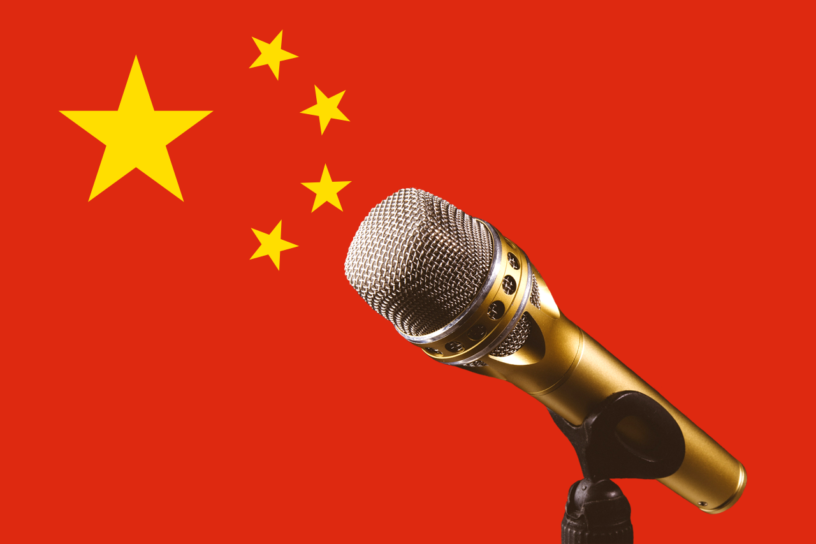We interrupt our regularly scheduled podcast review for a bit of podcast-related current events: podcast apps being banned in China. Specifically, Apple removed Pocket Casts and Castro from China’s App Store, after a request from the Cyberspace Administration of China (CAC).
Pocket Casts had a bit to say about the affair in this Twitter thread:
Pocket Casts has been removed from the Chinese App store by Apple, at the request of the Cyberspace Administration of China. We believe podcasting is and should remain an open medium, free of government censorship. As such we won’t be censoring podcast content at their request.
We understand this means that it’s unlikely that our iOS App will be available in China, but feel it’s a necessary step to take for any company that values the open distribution model that makes podcasting special.
We were contacted by the CAC through Apple around 2 days before the app was removed from the store.
There were no specific reasons provided, even after we asked for clarification. The overall reason was that we “include content that is illegal in China as determined by the CAC”
The lack of specific reasons have prompted a lot of speculation. The team behind Castro thinks it is because of podcasts supporting protests in Hong Kong.
Weirdly enough, the Overcast podcast app is available in China but barely works because Overcast’s servers are blocked there.
Apple’s own podcast app has much more limited features in China than in the rest of the world. Apparently “only shows from select partners are available in the Chinese Apple Podcasts store.”.
Podcast Distribution
It’s worth remarking upon why all these different apps needed to be dealt with individually at all. There is no central authority over all the world’s podcasts. There is no Facebook of podcasts, no Netflix of podcasts, or even a YouTube of podcasts. Instead podcasts are hosted on websites of the podcasters’ choosing. Episode data is organized using the Really Simple Syndication (RSS) format. Podcast apps just need to read a website’s RSS feed to know that a podcast exists and start downloading episodes.
However, trawling the internet looking for podcast-compatible RSS feeds is a lot of work. So podcasters tend to list their podcasts in “podcast directories”, which podcast apps then use to find and reccomend podcasts to people. In particular, Apple’s podcast directory is used by many other podcast apps, even on non-Apple devices.
Without a clear central gatekeeper for the medium, countries aiming to censor podcasts have their work cut out for them. Unfortunately for the developers of Pocket Casts and Castro, while podcasts are decentralized, app stores are not.





Leave a Reply